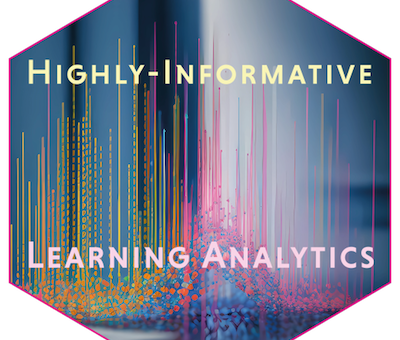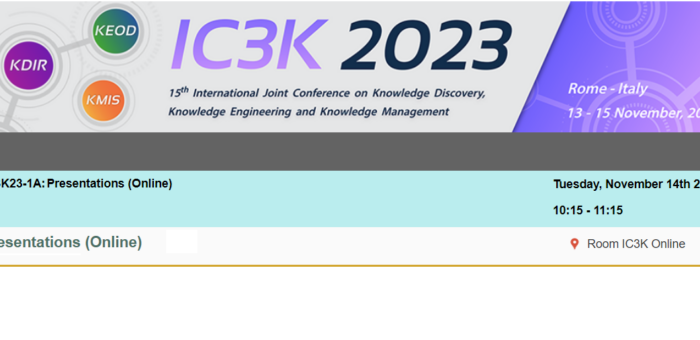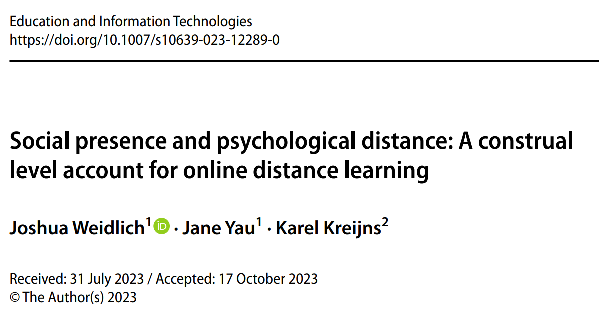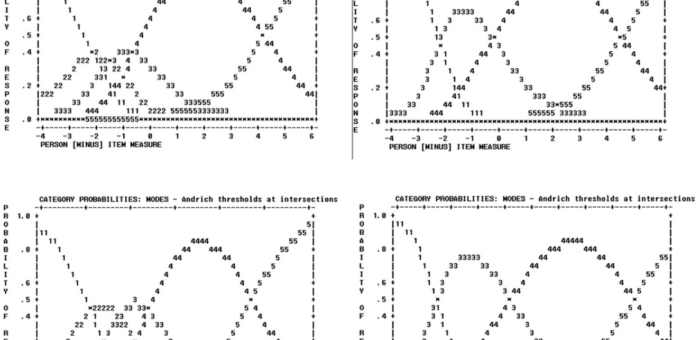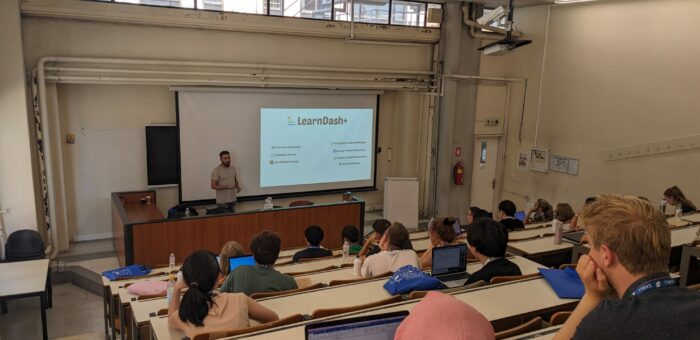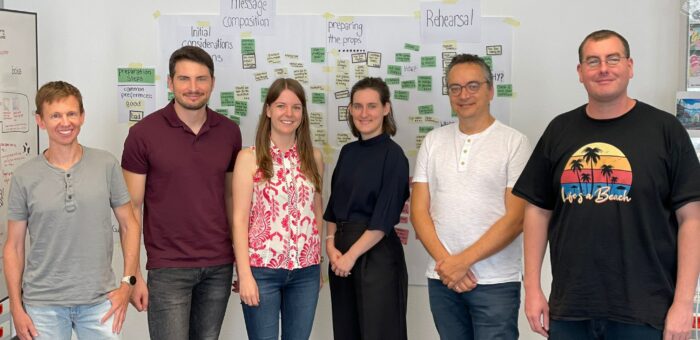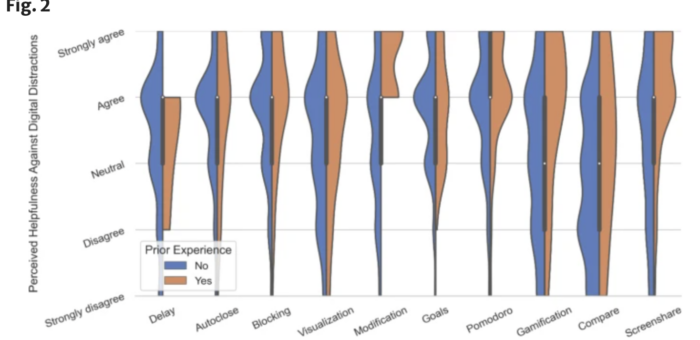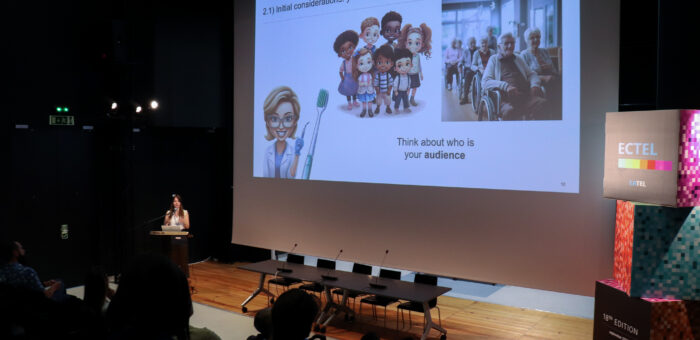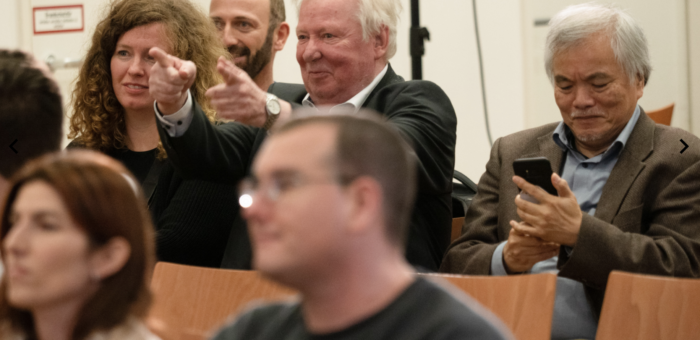
16th eLearning Netzwerktag: An Insightful Recap of the Fast-Paced Year
Artificial Intelligence, Assessment, Augmented Reality, Competence development, Computational Psychometrics, Computer-supported collaborative learning, Conference, Event, Feedback, Gender, Higher Education, Learning Analytics, Learning Design
The annual eLearning Netzwerktag was a highly anticipated one-day event where the eLearning community of Frankfurt and the surrounding areas gathered to present the highlights of the past year to the public. On November 21, 2023, the event took place at Campus Westend, Goethe University Frankfurt am Main. Among the speakers, the Prof. Dr. Maren Scheffel, Prof. Dr. Franziska Matthäus , CIO of Goethe University Ulrich Schielein, Prof. Dr.Hendrik Drachsler, Director of studiumdigitale, delivered an opening speech that reflected on an incredible year, with a particular focus on the advancements in generative Artificial Intelligence applications. Hendrik Drachsler's speech highlighted the significant developments in the field of digital learning. At the previous Netzwerktag, applications like ChatGPT, Midjourney, Stablediffusions, and open language models (LLMs) such as LAMA were relatively unknown to most…

